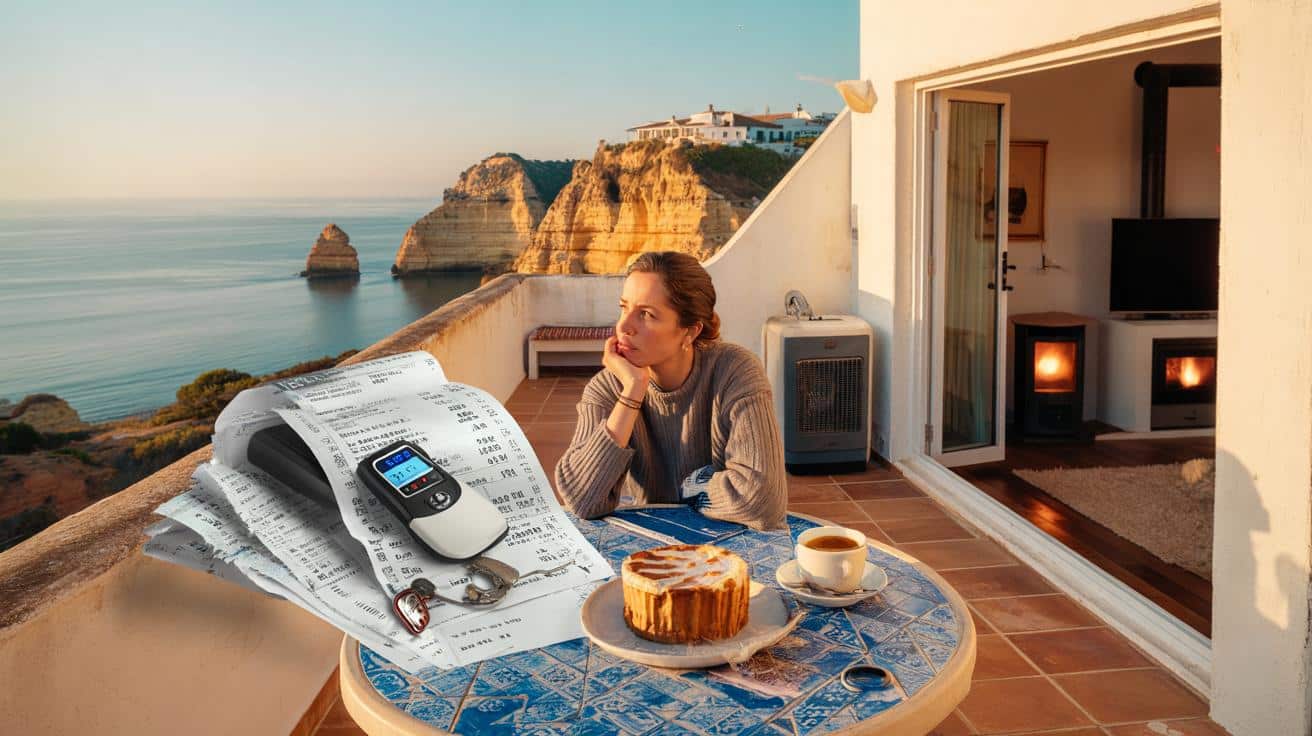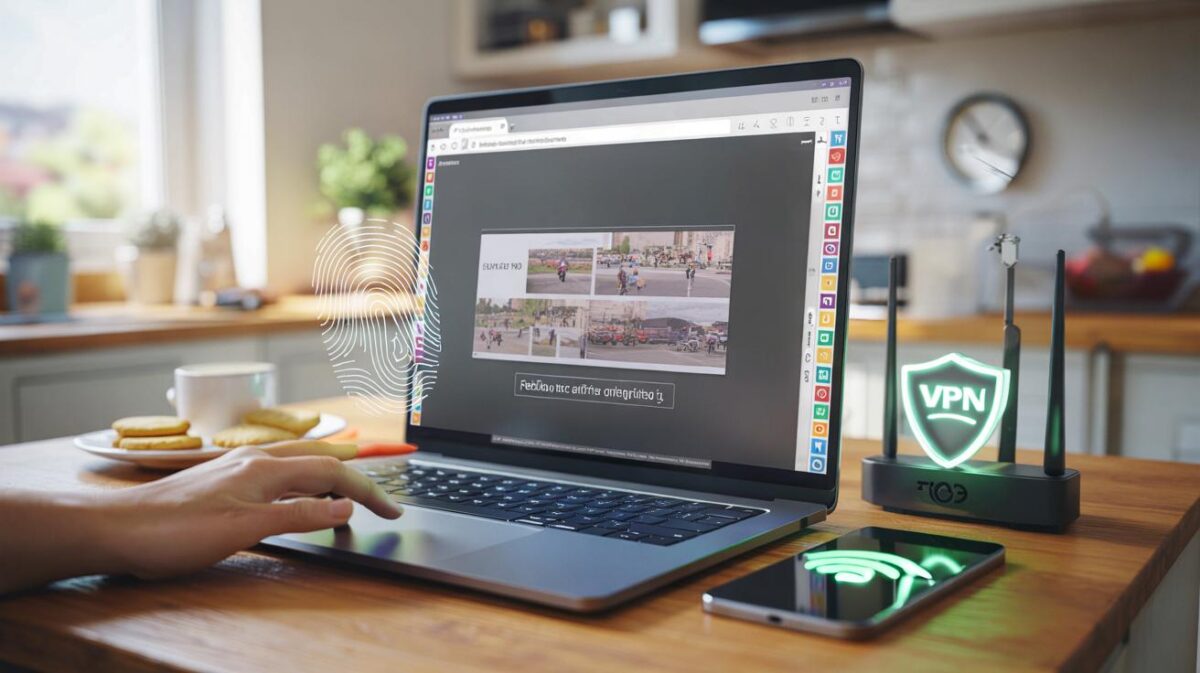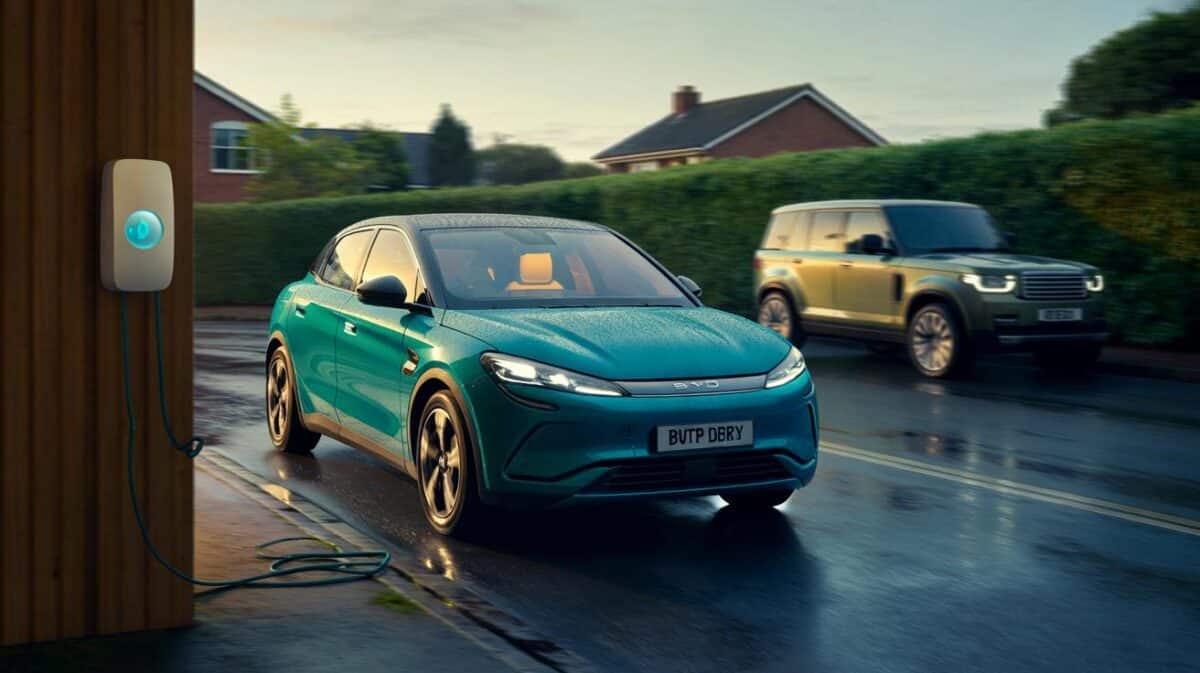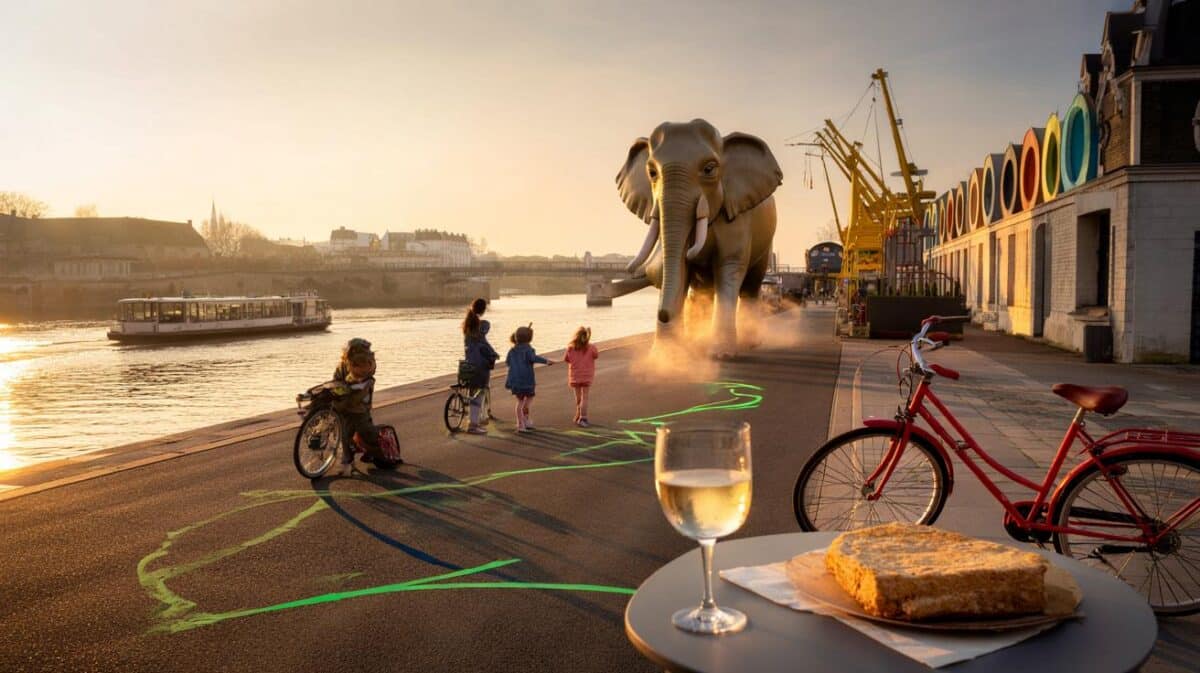The Algarve gave me the second in spades — and a bill that kept growing.
The first week felt like a movie. A salty breeze in Lagos, coffee on a tiled terrace, pastel de nata still warm at 90 cents. I counted prices like little victories. Lunch for under a tenner. A bus to the beach for coins found in the car. I thought the Algarve would be kinder to my wallet. Then the first proper month landed: rent adjusted for “season”, power spiking after two chilly nights with heaters, tolls clinging to my Via Verde like barnacles. The romance stayed, but the spreadsheet started arguing back. Winter brought damp and dehumidifiers. Summer brought visitors and price tags with confidence. A neighbour shrugged and called it the “sunshine tax”. He wasn’t wrong. There’s a point where a dream and a receipt meet. Mine met in the Algarve. And the numbers told a story I wasn’t expecting.
The Algarve dream meets the receipt
On paper, life by the Atlantic looked simple: smaller town, lower prices, more life outdoors. In practice, everyday spending had edges. Groceries crept up if you favoured familiar British brands. Petrol nudged past €1.80 a litre during peak weeks. Restaurants were still lovely — grilled dourada, a carafe, a sea view — yet the coastal premium quietly added €12–€20 to evenings out. The kicker lived at home. Electricity in Portugal isn’t shy, and houses aren’t built for warmth. Two rain-washed nights and a portable heater made the meter sing.
Rent set the tone. I started in a tidy one-bed near Meia Praia at €1,050 on a “12-month” contract — except summer had a “review”. The review arrived like high tide. Suddenly, July and August wanted €1,600, or I could vacate for tourist bookings. Friends in Albufeira spoke of €1,200 for something older — again with those seasonal clauses. Even inland in Loulé, a decent two-bed flirted with €1,400. The affordable long-let myth still exists, but it lives further from the water than estate sites make it seem.
There’s logic to it. The Algarve isn’t a secret. Short-lets pay bold money in summer, so landlords index their risk across the year. Imported goods carry their own load. Local wages are low, so expat demand sets the clearing price. Inflation didn’t skip Portugal, and energy costs bit hard. Add the post-Brexit reality — customs on parcels, pricier money transfers, extra flights to fix admin — and a cheap-life narrative gets holes. Call it the **sunshine tax** if you like. It’s simply a market doing what markets do in pretty places.
How I made it add up without dimming the light
What helped most wasn’t another app; it was changing where and how I lived. I moved ten minutes inland to Silves, swapped a sea-view box for a better-insulated two-bed at €900, and chose a place with shutters and cross-ventilation. I asked for a true 12-month lease, not a “9+2”. For power, I switched to a bi-horária tariff. Laundry and dishwasher run at night now. A small pellet stove turned damp evenings from electric panic to €5 of warmth. It wasn’t perfection, but it calmed the meter.
Food habits did the rest. Markets in Portimão on Saturdays fill the fridge for half of what I blew in boutique shops. Fish is cheaper when you buy what the boats bring, not what the menu promises. Aldi and Continente card promos are a quiet superpower. British cereal at €5.50? I learned to walk past. Petrol is pricier on the A22, less so in town. The toll road is fast, yet the N125 saves money when time isn’t the boss. Let’s be honest: nobody actually does this every day, but small switches stack up.
I also stopped pretending winter isn’t a thing. The Algarve is bright, yes, but houses cool quickly after dark. I budgeted for it — and spoke to locals about low-tech fixes. Thicker rugs. Door snakes. Dehumidifiers on a timer at 3am. Winter is the bill you don’t see coming.
“The sea is free,” a neighbour told me, “but staying warm to watch it isn’t.”
- Hidden energy loads: dehumidifiers, space heaters, pool pumps in rentals.
- Coastal premium: cafés, taxis and groceries jump within sight of the beach.
- Car reality: A22 tolls of €5–€8 each way add up faster than you think.
- After-Brexit admin: customs on UK parcels and slower, pricier returns.
So was I wrong — or just looking at the wrong bill?
The Algarve didn’t betray me. It just charged in places I wasn’t watching. Sun is free, but convenience, view, and seasonality have price tags. If you choose the postcard — clifftop flat, walk-to-beach brunches, summer guests — you also choose the invoice that follows. If you nudge inland, pick a winter-ready home, and lean into local rhythms, the balance shifts. We’ve all had that moment where a place we love asks more of us than we planned. The question is whether we love it enough to adapt. I did. The sea is still there at dawn, and my budget breathes again. The Algarve isn’t bargain-basement. It’s value if you treat it like a real place, not a holiday brochure. And your numbers will tell you which side you’re on.
| Point clé | Détail | Intérêt pour le lecteur |
|---|---|---|
| Housing reality beats the brochure | Coastal long-lets often carry seasonal clauses and jump €300–€600 in peak months; inland towns offer year-round stability and better insulation. | Choose location and contract type to avoid surprise summer hikes. |
| Power is the silent spender | Electricity can run €0.18–€0.30/kWh; bi-horária tariffs, pellet stoves and damp control cut winter spikes without killing comfort. | Practical levers to lower bills while keeping homes liveable. |
| Everyday habits trump big plans | Shop markets, skip imports, mix A22 with N125, collect supermarket rewards, and plan chores for off-peak hours. | Small, repeatable moves that add up to hundreds saved per month. |
FAQ :
- Is the Algarve still cheaper than the UK?For some things, yes — coffee, local produce, basic services. Housing on the coast, power, petrol and eating out in tourist zones can equal or exceed UK prices. Your lifestyle choices decide the final bill.
- How much is long-term rent near the coast?A simple one-bed in Lagos, Albufeira or Tavira often sits between €950 and €1,400, with better places higher. True 12-month contracts exist, but many leases hike or switch to short-let in summer.
- Can I live in the Algarve without a car?In larger towns you can, just about, if you work remotely and time your buses. For beach hopping, late dinners or rural life, a car saves hours. Fuel and tolls need a line in your budget.
- Are utilities really that high in Portugal?Yes, especially electricity. Time-of-use tariffs help, as do insulated homes and alternative heating. Bottled gas for cooking is common and runs roughly €30 for a 13kg cylinder.
- What post-Brexit costs surprised you?Customs on UK parcels, pricier courier returns, banking fees on transfers, and the admin time. International school fees, if you have kids, are also steeper than many expect.









Curious — after moving inland to Silves, did your total monthly spend drop enough to offset extra fuel, tolls, and time on the N125/A22?
So the sea is free but the plug socket isn’t — Algarve starter pack: dehumidifier, pellet stove, and sticker shock at the meter. 😅